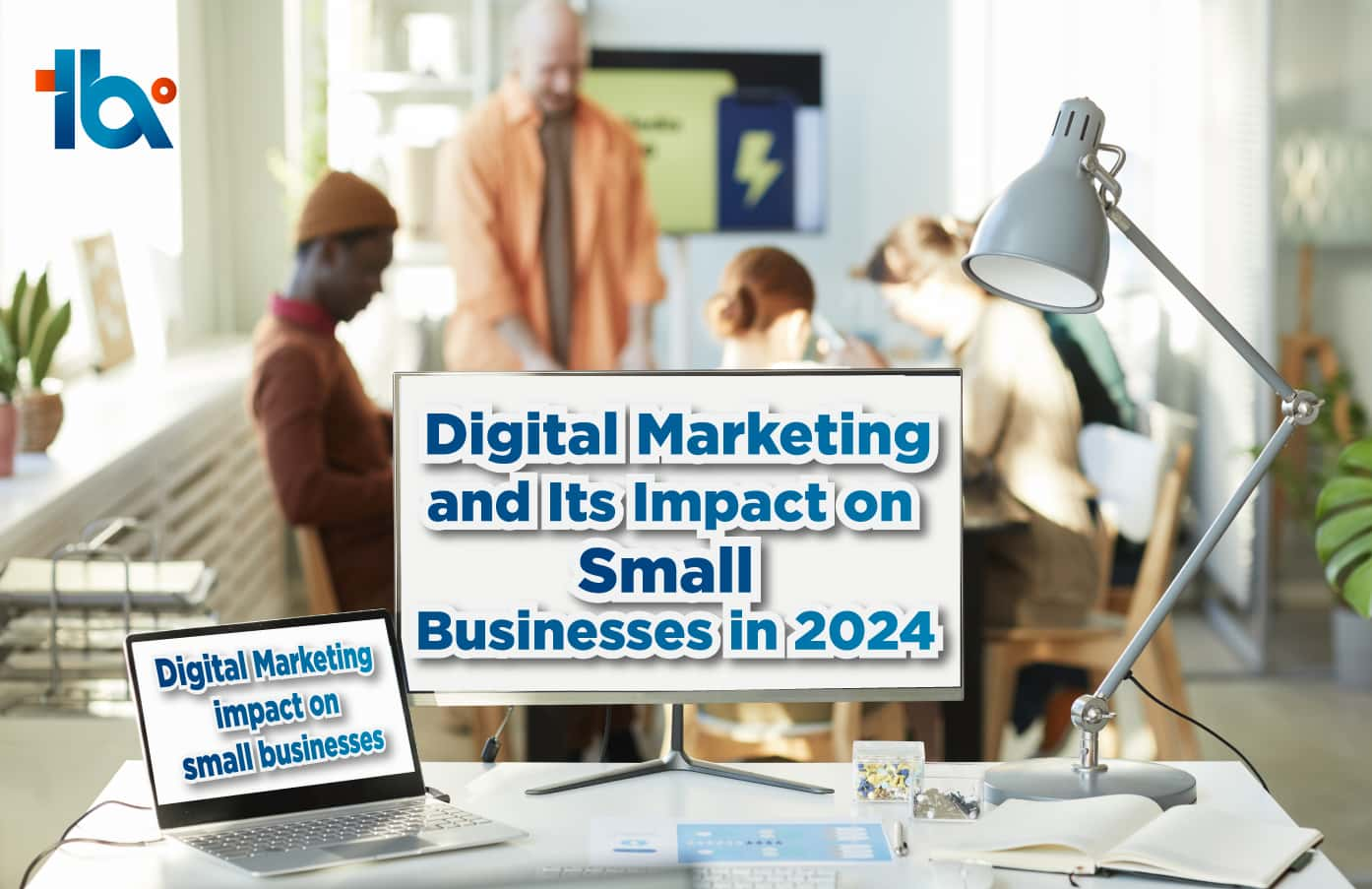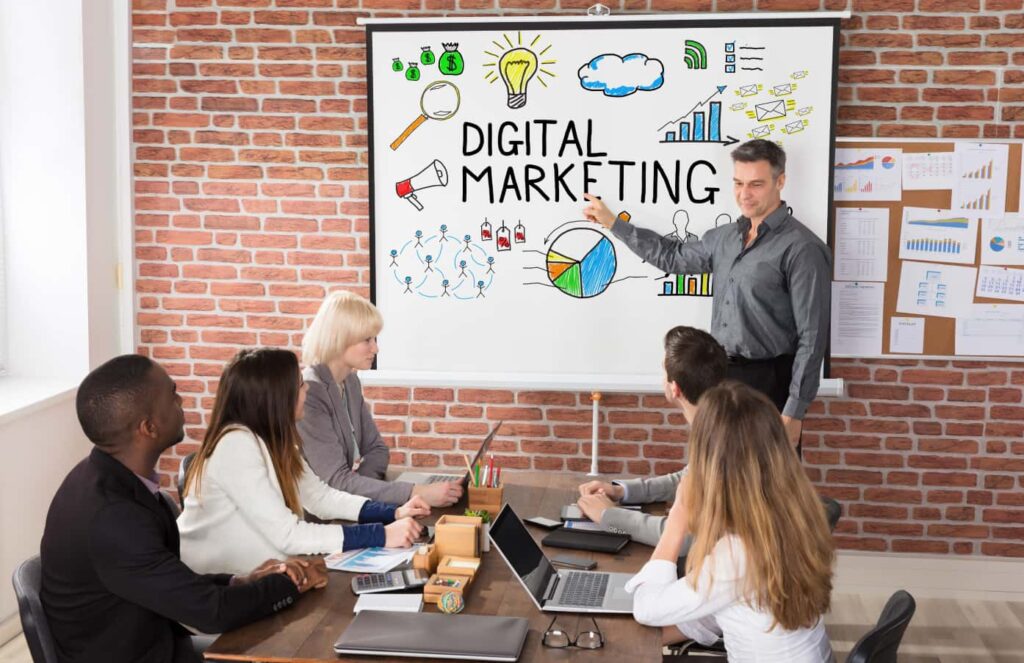It is impossible to overestimate the importance of digital marketing and small businesses in 2025. We must comprehend the development and significance of digital marketing and small businesses as we make our way through this ever-changing terrain.
What is Digital Marketing?
Digital marketing is the use of digital platforms, and technologies to promote and advertise products, services, or brands. Digital marketing is the use of the internet and mobile devices to build deeper and more interactive connections with potential customers.
Key components of digital marketing include:
Search Engine Optimization (SEO): Optimizing online content to improve its visibility in search engine results, thereby driving organic (non-paid) traffic to a website.
Content Marketing: Creation and distribution of content that is valuable, important, and reliable to draw in and keep on to a specific audience. Posts on blogs, articles, videos, infographics, and more can fall under this category.
Social Media Marketing: Use of social media platforms ( Facebook, Twitter, Instagram, LinkedIn) to connect with the target audience, build brand awareness, and promote products or services.
Email Marketing: Sending targeted messages and promotional content directly to a group of people via email to nurture relationships, generate leads, and encourage customer loyalty.
Pay-Per-Click (PPC) Advertising: Placing online ads that businesses pay for only when users click on them. This includes platforms like Google Ads, Bing Ads, and social media advertising.
Impact on Customer Reach and Engagement
With the help of digital marketing and small businesses can reach far wider audiences. Building long-lasting relationships with customers through social media engagement, content creation, and community building all help to increase brand loyalty.
Cost-Effectiveness of Digital Marketing
Digital marketing is a less expensive means for small businesses to advertise their goods and services than traditional marketing techniques. Because social media marketing, email campaigns, and online advertising generate measurable results, businesses can carefully distribute their resources.
Adapting to Technological Changes
It takes commitment to keep up with emerging technologies if you want to stay ahead in the field of digital marketing. Implementing the latest innovations like voice search, virtual reality, and artificial intelligence can help small businesses expand and achieve a competitive advantage.
Challenges and Solutions
Even though digital marketing has many benefits, there are drawbacks as well. In Digital Marketing Small businesses have to control these challenges, which range from algorithm changes to increased competition. Overcoming these challenges can be facilitated by putting targeted strategies into action, remaining adaptable, and getting expert help.
Measuring ROI and Success Metrics
Examining the ROI (return on investment) is a crucial step in determining how successful digital marketing campaigns are. In digital marketing, small businesses can measure success and adjust their strategies for the best outcomes by setting up key performance indicators (KPIs) and using analytics tools.
Conclusion
Digital marketing and small businesses are going to have a major effect on small businesses in 2025. Adopting digital strategies is now essential for long-term growth rather than a choice. Long-term success for small businesses in the digital era will depend on their ability to stay up-to-date with change with the times and value moral behavior.





